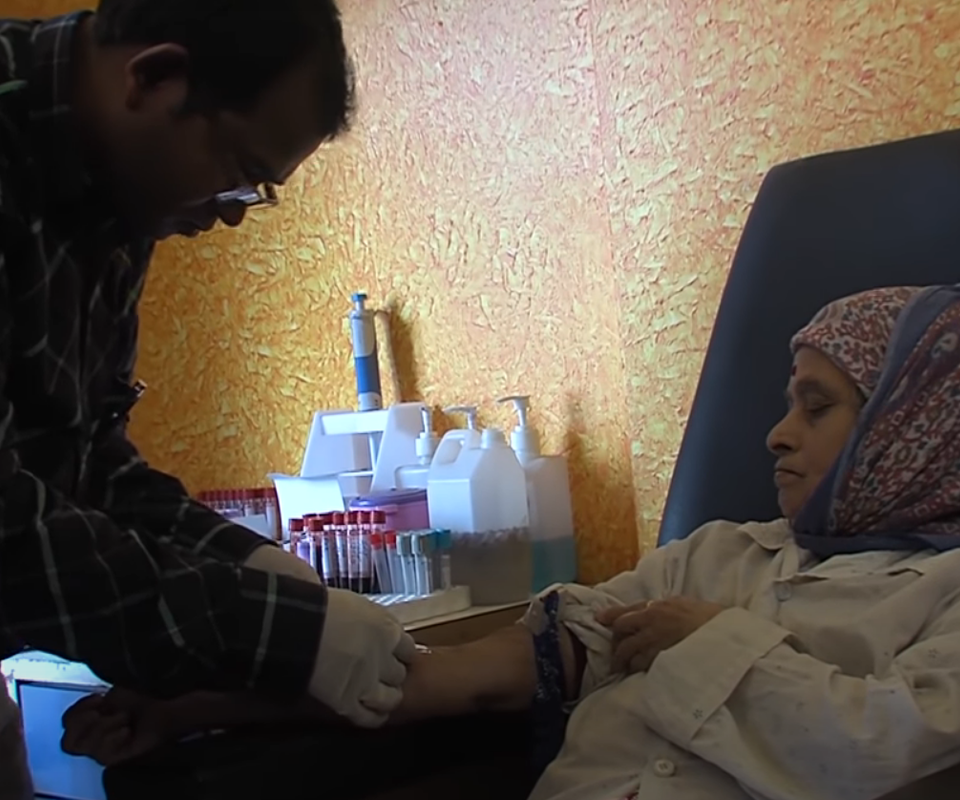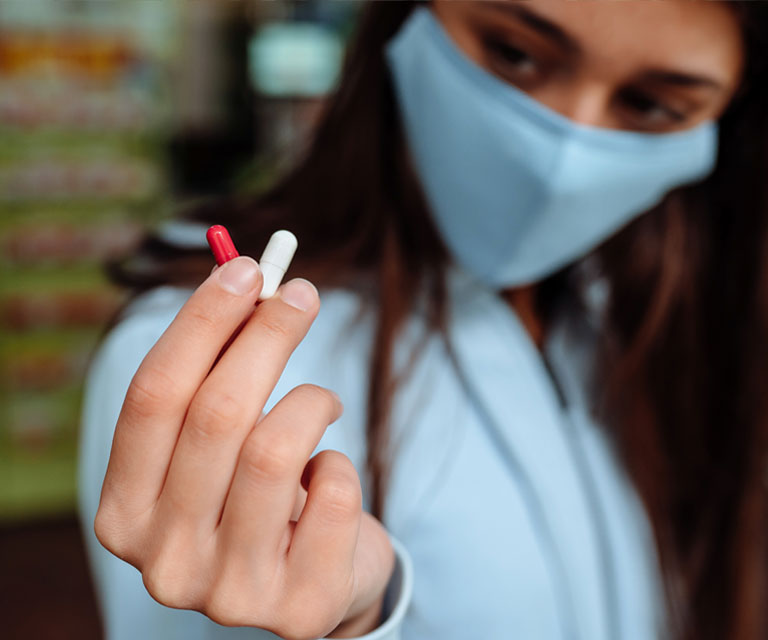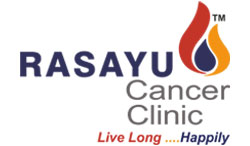RASAYU CANCER CLINIC’S PROTOCOL
Diagnosis :
Ayurvedic diagnosis is conducted on varied set of parameters. The holistic approach of Ayurveda expands their vision to accomodate all systems at the same time rather than confining to the site of pathology alone. Therefore some of the factors under consideration while diagnosing are the age, gender, stage of disease, occupation, constitution, food (type of food, timings of food etc.), water intake, exercise (exercise or exertion), sleep (sleep patterns, duration, quality of sleep etc.), sexual interaction (sexual habit, frequency etc.), previous illnesses, toxic effects of past treatments and many such variables.
Most of the times patients visit Rasayu Cancer Clinic with known diagnosis of cancer. Still all such patients are diagnostically evaluated considering various Ayurvedic pathophysiological parameters. Comorbidities like diabetes, hypertension, heart disease, liver diseases, kidney diseases, depression etc. are considered critically during diagnosis. Such comorbid conditions may have an impact on cancer patients and carry an important role in prognosis. Patients with such comorbidities have six times more risk and therefore these conditions are evaluated accordingly in order to get better outcome. Ayurvedic diagnostic parameters are very important to assess as well as manage such conditions.
Patients visit Rasayu Cancer Clinic after completing conventional cancer treatment. Some patients discontinue conventional cancer treatment due to intolerance or resistance to cancer therapy. Such cases are critically analysed for diagnosis to understand impact of current or previous therapies before starting Rasayana therapy. Many patients prefer to take both Rasayana therapy and conventional cancer treatment simultaneously.
In addition to Ayurvedic diagnostic criterias Rasayu Cancer Clinic follows internationally recommended guidelines for the diagnosis of the cancer. It includes imaging scans like ultrasound, CT scan, MRI, PET CT/MRI scan etc. Patients are also advised to go for various blood tests including various tumor markers.
Once the stage and prognosis are finalised, the patient is advised the best suited personalised protocol.


Protocol :
- Treatment Protocol
- General Protocol
As Rasayana therapy is a personalised treatment, medicines may vary from patient to patient even if the diagnosis is similar. There are two common protocols that are basically applicable to all patients.
1. Gold standard protocol
In this protocol personalised medicines are given in phased manner. Each phase consists of three cycles. Each cycle is of two months. Personalised Rasayana ( packing of two months in capsule form) is advised to be taken in the morning. In addition, personalised medicinal powder is given twice or thrice a day and few personalised accessory Rasayanas (usually 3-5 capsules) are dispensed to be consumed at night with honey or lukewarm water.
All patients are monitored every 15/30 days or as per physician’s advice. Biochemical analysis is done on bimonthly basis. PET CT scan or other relevant scan is done at the end of each phase (every six months). Decision to continue or stop the gold standard protocol is based on clinical condition and tumor response. Generally, 3 phases are required for proper assessment as per objectives planned.
2. Palliative Protocol
Patients of the advanced stage where the health condition of the patient is poor and cost and benefit ratio is not favourable are considered for palliative protocol. In this protocol personalised medicines are given but the main Personalised Rasayana is not advised in this protocol. The pattern of the medicines remains the same as in gold standard protocol. In this, focus is given more on symptomatic management on quality of life management.
All patients are monitored every 15 days. If a positive response is noted then medicines can be advised for the next cycle. If there is an improved response and the patient insists, then patient may be advised for personalised Rasayana (that is, shifted to gold standard protocol).
1. Detailed case taking
Detailed case history is taken during the first consultation. This can be done online or in person.
2. Diagnosis and evaluation
Evaluation is based on standard guidelines given by NCI-USA. Various Ayurvedic factors and parameters are considered to know the exact clinical status in addition to the Ayurvedic parameters and prognosis of the patient. Our experts spend considerable time to study each case thoroughly.
3. Baseline Investigations
All patients are advised to follow baseline investigations. Findings of this evaluation are very important to understand the current disease status. These findings are also important for evaluation of safety and efficacy. Baseline tests are advised –
- Blood tests – Complete Blood Count (CBC), Liver Function Test (LFT), Renal Function Test (RFT), Tumor Markers etc.
- Imaging scans – CT scan /MRI/ PET CT/MRI Scan etc.
- Other tests – Electrocardiogram (ECG), 2D-echo, or any other as required.
4. Consultation
Patient is then given an appointment for online or in-person consultation with experts of Rasayu Cancer Clinic. All patients are given proper time to solve and address all queries and concerns. If all the reports are submitted properly and well in time then it helps patients to reduce considerable time at the clinic.
5. Follow up
Symptomatic / clinical evaluation as per Ayurveda guidelines is done during each follow up visit at the interval of every 15 or 30 days.
6. Evaluation of safety
Biochemical / pathological investigation is conducted every 2 months. They are used for evaluation of safety of Rasayana therapy.
7. Evaluation of efficacy
In addition to the Ayurveda based evaluation parameters, tumor response is evaluated with the help of CT scan/MRI/PET CT/MRI Scan, PSMA scan, DOTA scan etc. conducted half yearly. In exceptional conditions, it can be done as per the advice of the physician.
Quality of life is evaluated with global parameters like physical performance status and FACT-G score during each follow up visit.
8. Clinical data management
The data of each patient is maintained in an advance cancer software. Data of each patient is compared during all follow up visits. Cumulative data is critically analysed and compared within and between various clinical study groups to analyse the safety and efficacy of Rasayana therapy in large number of patients over a period of time.



